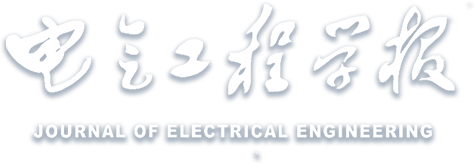Abstract:
The data-driven method for state of health(SOH) of lithium-ion batteries is currently a research hotspot. For electric vehicle applications, however, it has to face the challenge of small sample data, which leads to low accuracy and poor generalization. A SOH estimation method based on feature mode decomposition and transfer learning is proposed. Firstly, health features are extracted from a small section of the battery data set, and then they are divided into the intrinsic mode function(IMF) part and the residual signal(RES) part by using the improved complete ensemble empirical mode decomposition with adaptive noise(iCEEMDAN). Secondly, the IMF and RES parts are trained through a long short-term memory network and a back-propagation network, respectively, achieving a combined base model between the health features and the SOH. Finally, the base model is transferred to other data sets for SOH estimation. Validation results based on the NASA battery data set show that the proposed method performs high accuracy and generalization ability. The mean absolute error(MAE) and root mean square error(RMSE) are about 2.34% and 3.05%, respectively. With transfer learning, the MAE and RMSE are reduced to 1.13% and 1.68%, respectively.


 下载:
下载: